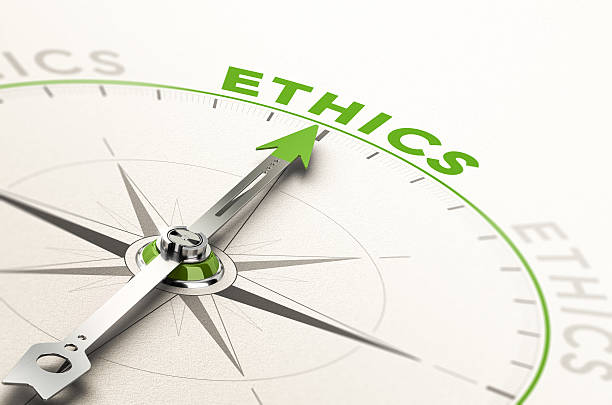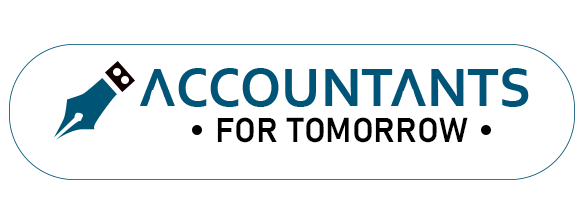
CIMA Code of Ethics is the cornerstone for ethical practice in the finance and accounting sectors, guiding members toward responsible decision-making and professional integrity.
Below is a deeper exploration of the core principles that shape CIMA’s ethical framework:
Integrity
Definition: Members are required to be truthful and honest in all professional and business relationships.
Implications
- Members are required to be truthful and honest in all professional and business relationships.
- Avoid deceit or misrepresentation in communications and actions.
- Foster trust in professional interactions by ensuring transparency and honesty.
Objectivity
Definition: Members must not allow bias, conflicts of interest, or external influences to compromise their professional judgments.
Implications
- Members must not allow bias, conflicts of interest, or external influences to compromise their professional judgments.
- Make decisions based on factual evidence and sound reasoning.
- Remain free from personal interests or external pressures that could affect judgment.
Professional Competence and Due Care
Definition: Members must maintain their professional knowledge and skills at a level necessary to provide competent professional service to clients and employers.
Implications
- Members must maintain their professional knowledge and skills at a level necessary to provide competent professional service.
- Engage in continuous professional development and stay updated with relevant laws, regulations, and standards.
- Deliver services diligently and in line with industry standards to ensure quality and reliability.
Confidentiality
Definition: Members must respect the confidentiality of information acquired during their work and not disclose it without proper authorization unless there is a legal or professional obligation to do so.
Implications
- Members must comply with relevant laws and regulations.
- Avoid any conduct that could bring discredit to the profession.
- Act in a manner that upholds the profession’s reputation.
- Refrain from actions or statements that could harm CIMA’s reputation or the broader accounting community.
Professional Behavior
Definition: Members must comply with relevant laws and regulations and avoid any conduct that could bring discredit to the profession.
Implications
- Members must comply with relevant laws and regulations.
- Avoid any conduct that could bring discredit to the profession.
- Act in a manner that upholds the profession’s reputation.
- Refrain from actions or statements that could harm CIMA’s reputation or the broader accounting community.
Application of Ethical Principles
CIMA emphasizes that these principles are interconnected, and they must be considered collectively when faced with ethical dilemmas. To help navigate such situations, CIMA encourages members to:
Reflect: Assess ethical challenges by evaluating them against the guiding principles.
Seek Guidance: If uncertain about how to proceed, consult colleagues, mentors, or CIMA resources to ensure ethical clarity.
Document Decisions: Recording the decision-making process provides accountability and demonstrates ethical reasoning in practice.
Enforcement of the Code of Ethics
CIMA has implemented robust enforcement mechanisms to uphold its Code of Ethics. These include disciplinary procedures for breaches, which underscores the importance of adhering to ethical principles. By maintaining these standards, CIMA ensures the continued integrity and professionalism of its members.
Consequences of Not Adhering to the Code of Ethics
Professional Repercussions:
- Breaches of the Code of Ethics can lead to disciplinary actions, including suspension or expulsion from CIMA.
- Loss of professional credibility and trust among peers, clients, and employers.
Legal Consequences:
- Violating confidentiality or professional behaviour standards may result in legal action against the member or their organization.
- Potential fines or penalties imposed by regulatory bodies.
Impact on Career:
- Ethical breaches can severely damage one’s career prospects and reputation in the finance and accounting sectors.
- Difficulty in securing future employment or advancement opportunities due to a tarnished professional record.
Broader Implications:
- Erosion of public trust in the finance and accounting profession as a whole.
- Negative impact on the reputation of CIMA and its members, affecting the integrity of the profession.
Conclusion
CIMA’s Code of Ethics serves as a vital framework for fostering trust, credibility, and professionalism within the finance and accounting sectors. By adhering to these guiding principles, CIMA members not only uphold the highest ethical standards but also contribute to a positive professional environment. This commitment benefits not only their individual careers but also enhances the integrity and reputation of the broader community.







